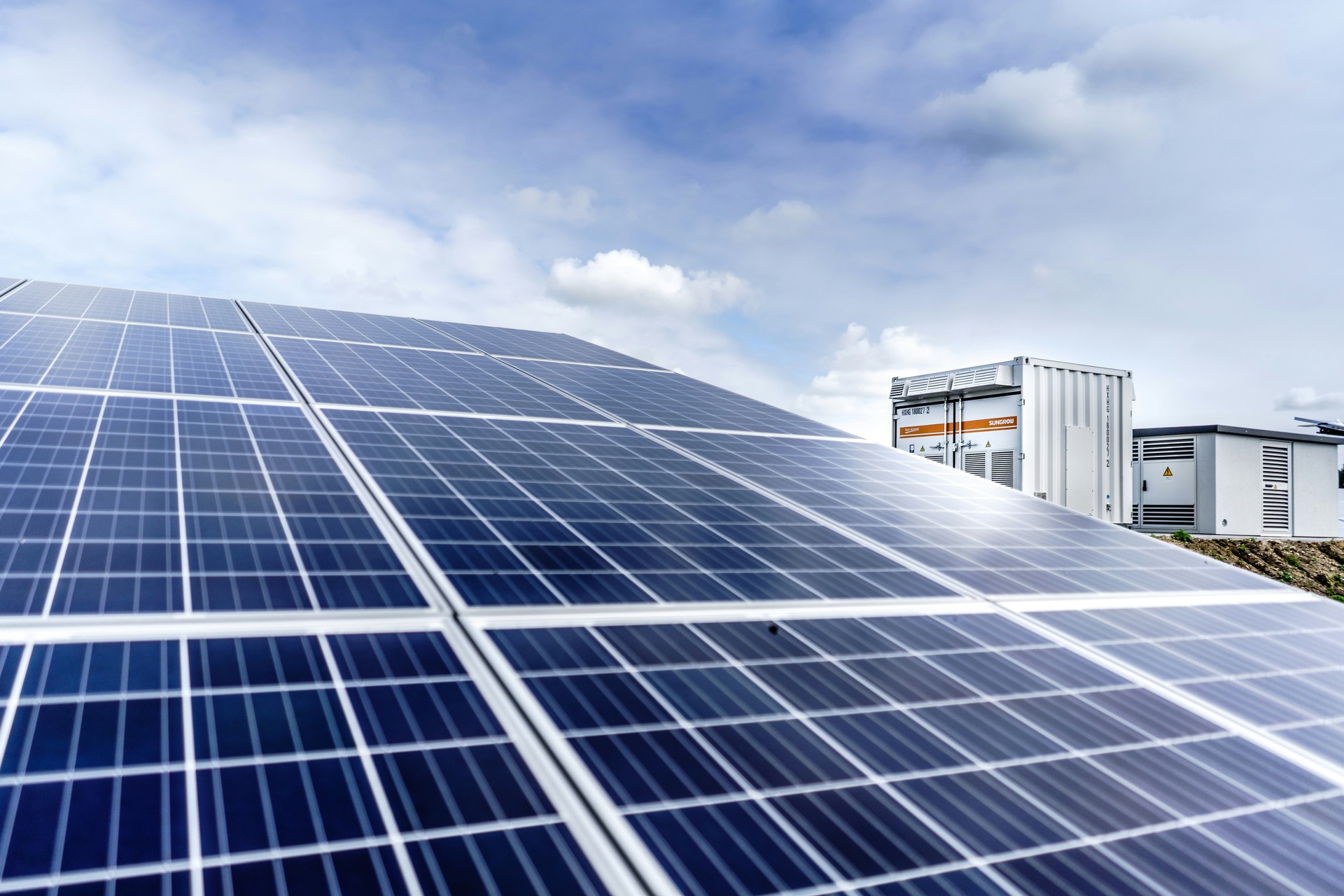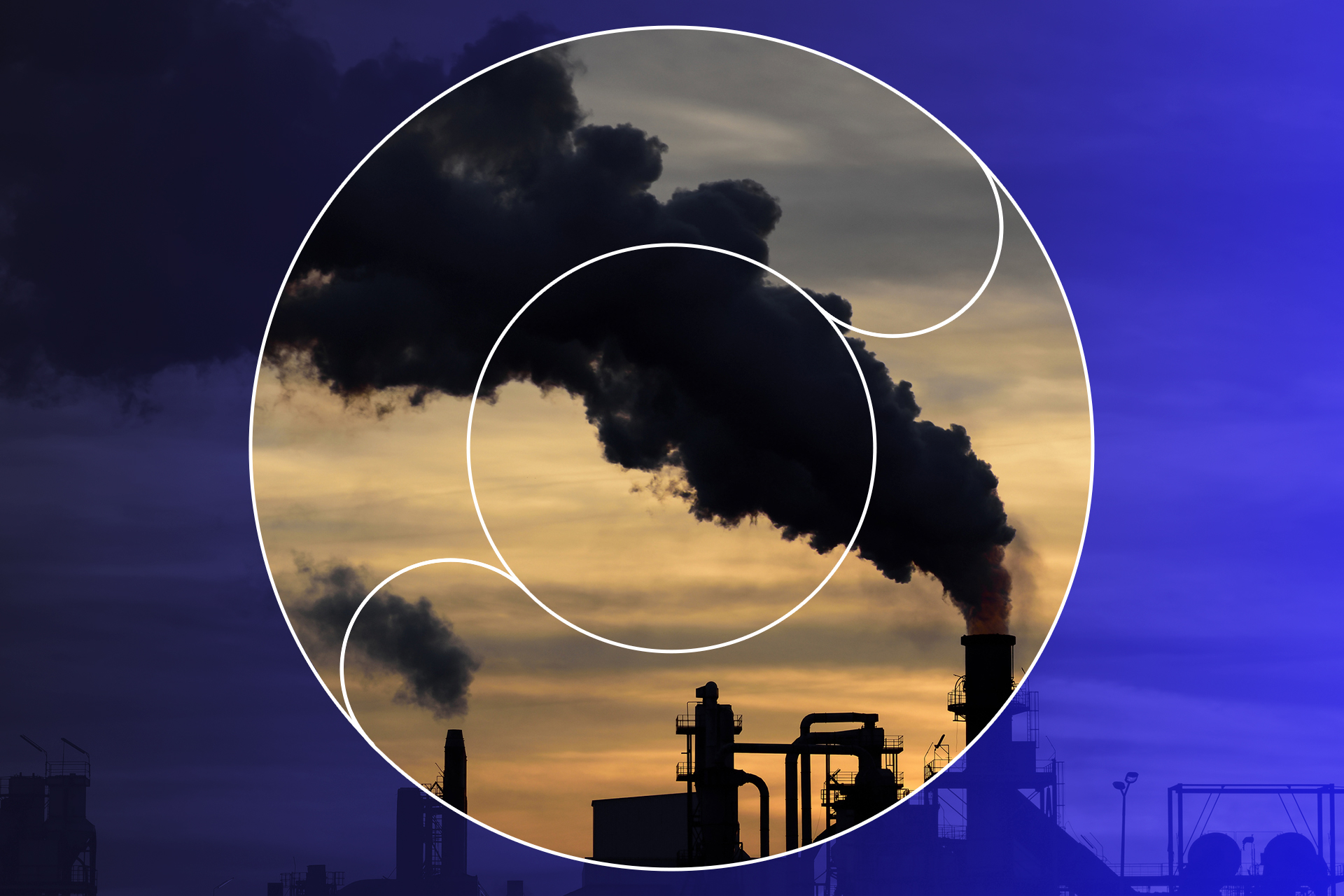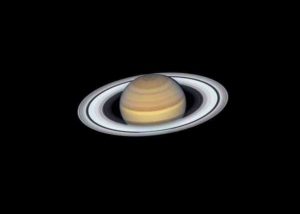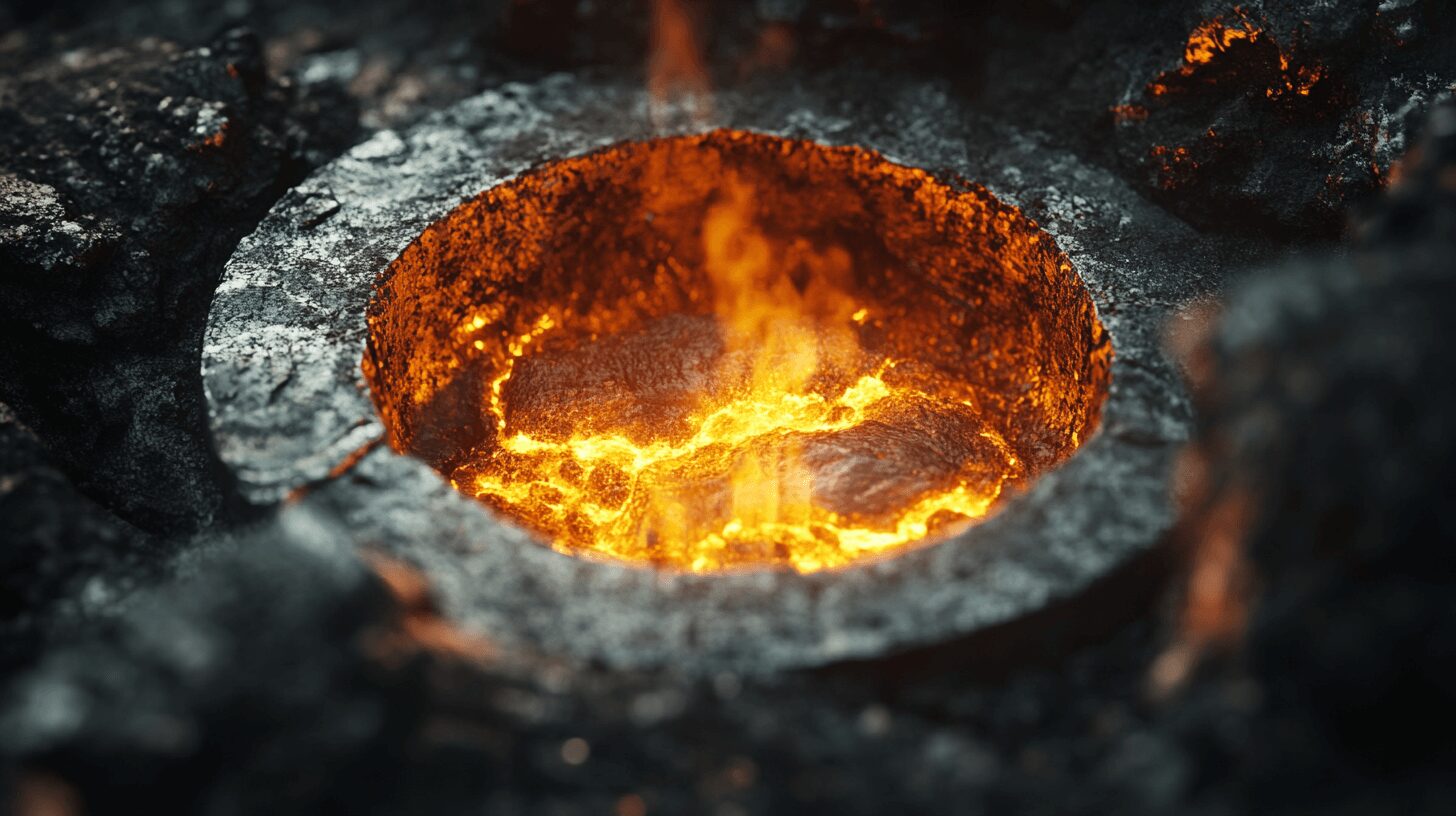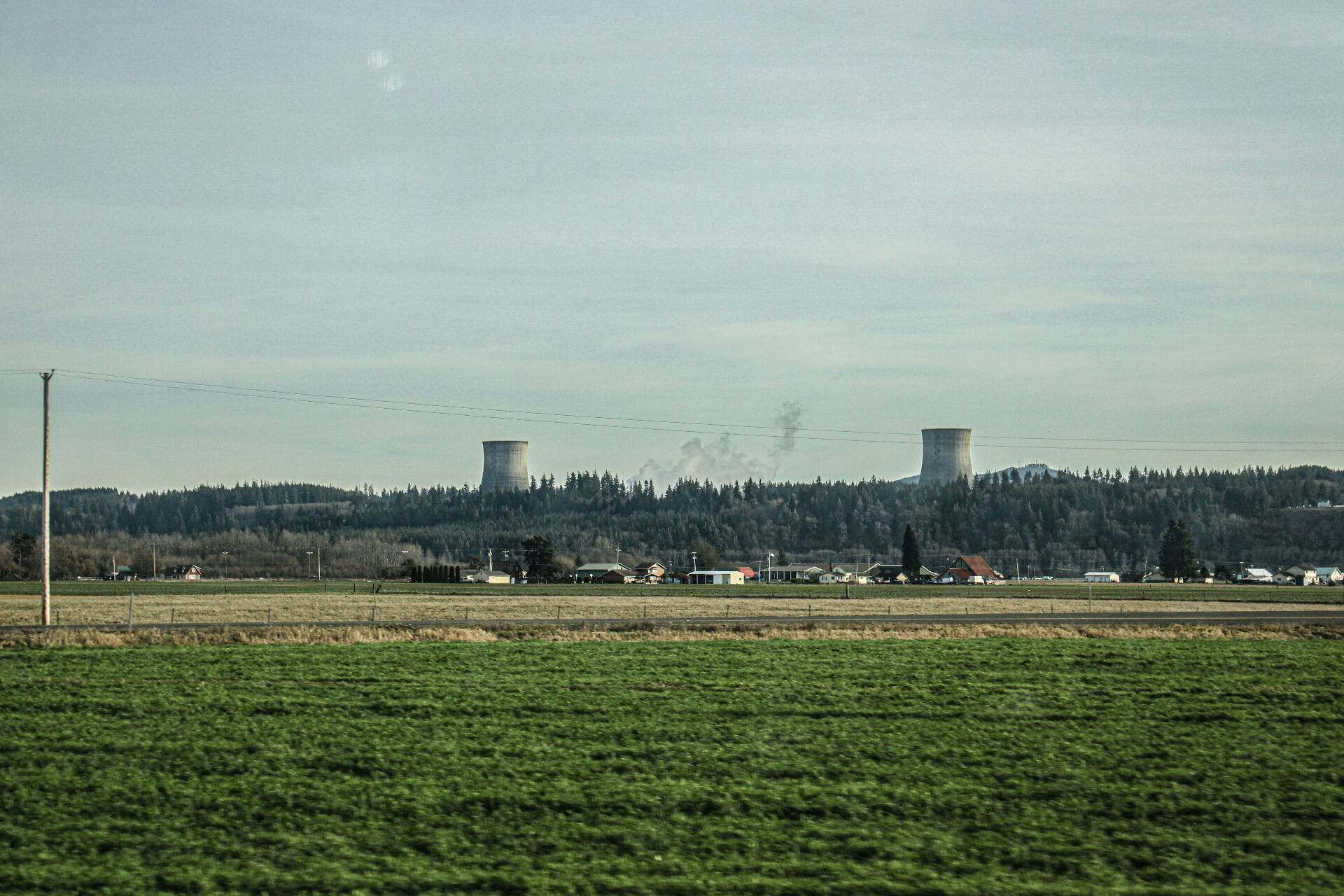
Is Nuclear Energy Renewable? The Debate, Explained
January 10, 2025 - Lou Farrell
Revolutionized is reader-supported. When you buy through links on our site, we may earn an affiliate commision. Learn more here.
Renewable generators like solar and wind dominate the renewable energy conversation — down with fossil fuel tyranny to make way for greener futures. However, nuclear is an energetic powerhouse often hovering in limbo during these talks. It is not a fossil fuel, but is nuclear energy renewable?
No, but it doesn’t mean humanity should ignore it during the sustainable energy transition.
How Is Nuclear Energy Made?
Two words often overtake nuclear energy conversations — fusion and fission. Nuclear fission is the type of energy all nuclear plants use. Fusion is not currently viable in commercial settings.
Nuclear fission is the process of splitting atomic nuclei. To create nuclear power, experts typically separate uranium-235 or plutonium-239 by putting them in an environment where they absorb neutrons. This creates an intensely hot and powerful reaction energy experts can capture and use as power.
How do professionals get these atoms? Uranium comes from mines. These materials go to processing plants, where they are transformed into solid fuel rods. Then, nuclear experts put these rods into a device called a reactor with water — aptly named, because it will catalyze the energy-releasing reaction. These nuclear reactions create byproducts, including plutonium.
The fission reaction heats the water so much it creates steam. Equipment captures this steam to use for energy. If it is to be reused, then it needs to go through a cooling process. In this heated form, it could power countless electricity-generating technologies, like wind turbines.
Many nuclear operations do this and also use the turbines to cool the water, cycling it back through their piping systems. This way, the water is reusable. It simply goes back into the reactor, works alongside a fuel rod, and completes the process as many times as possible.
Is Nuclear Energy Renewable?
While the water in the nuclear process is, in a way, renewable, the materials powering the fission reaction are not. Uranium is a finite resource since it is harvested from the Earth. Since plutonium is a byproduct of nuclear reactors, this is also finite.
The reason nuclear energy is often confused with renewable resources is because it is a low-emissions energy option, like solar or wind. During energy creation, it barely harms the planet. It doesn’t release tons of air pollutants like coal and doesn’t make as many greenhouse gases as natural gas.
However, there are two red flags environmentalists address in nuclear discourse. Mining uranium is certainly not a low-emissions activity. It causes irreversible destruction to habitats and potentially displaces species and communities. Additionally, these power plants create nuclear waste, which has a questionable history. While regulations exist, they are followed with dubious consistency since nuclear became more commonplace.
What Are the Advantages and Disadvantages of Nuclear?
This brings us into weighing the pros and cons. Knowing nuclear is not a renewable resource, will it help or harm humanity more to invest in it?
Pros of Nuclear Energy
As mentioned, nuclear has far lower greenhouse gas emissions compared to its fossil fuel counterparts. This industry saves the atmosphere from 440 million metric tons of carbon dioxide annually. Therefore, replacing fossil fuels with nuclear energy is the objectively better option.
Nuclear energy also has a high energy density, meaning you only need a little bit of it to generate plenty of electricity. This means a utility-scale power plant could produce a lot more energy for its clients compared to other energy generators.
Nuclear also has an advantage over renewable energy in that it is a constant. It is reliable with no chances of intermittency — unless there are halts in uranium processing. The base load power of a nuclear plant has earned its reputation as one of the most dependable suppliers in the sector.
This brings us to nuclear’s potentially most significant benefit — it serves as a powerful intermediary throughout the renewable energy transition. While it is not itself renewable, it is better than other fossil fuels. Its high power generation could buy the renewable sector plenty of time to expand and advance, becoming more substantial and stable.
Cons of Nuclear Energy
Radioactive waste is the biggest concern among energy professionals and climate activists alike. Some plants put the waste in mass storage, while others may illegally dump it. More than 250,000 metric tons of this stuff is sitting in worldwide plants in some type of storage. While this keeps it out of waterways and soil, the radiation is another concern. Innovators are trying to find ways to ethically dispose of this waste, but it is a pricing, safety and technological hurdle.
This hints at the next big con of nuclear — safety. While nuclear plants are safe and have numerous frameworks in place to keep employees safe, massive incidents are not impossible. It’s critical to analyze events like Chernobyl in 1986 and Fukushima in 2011 with a critical lens, though.
These have had severe environmental and public health impacts, but the industry has advanced a great deal since these occurrences. While these catastrophes are a potential, they are more of an anomaly and extremely preventable.
Finally, cost is always a factor when thinking about nuclear power. It takes a long time to set up a plant from scratch, though retrofitting a defunct energy plant is an option. However, most of the costs of a nuclear plant’s lifetime come from initial construction. Other types of energy see most of their costs in fuel or other expenditures.
In reality, renewable energy is much cheaper and faster to deploy in comparison. But, investing in the long game with nuclear might be what humanity needs. It could also serve as a reliable backup in the renewable age, giving people greater peace of mind when moving toward energy independence.
Fission’s Future
Nuclear energy will likely be the bridge between fossil fuels and comprehensive renewable energy. Is nuclear energy renewable? No, but it is the necessary yet robust energy source humanity needs to reduce greenhouse gas emissions and move toward a more eco-friendly world. Eventually, it may only be used in emergency situations as a supplement to clean power. Until then, it is the cleanest non-renewable energy option out there.
Revolutionized is reader-supported. When you buy through links on our site, we may earn an affiliate commision. Learn more here.


